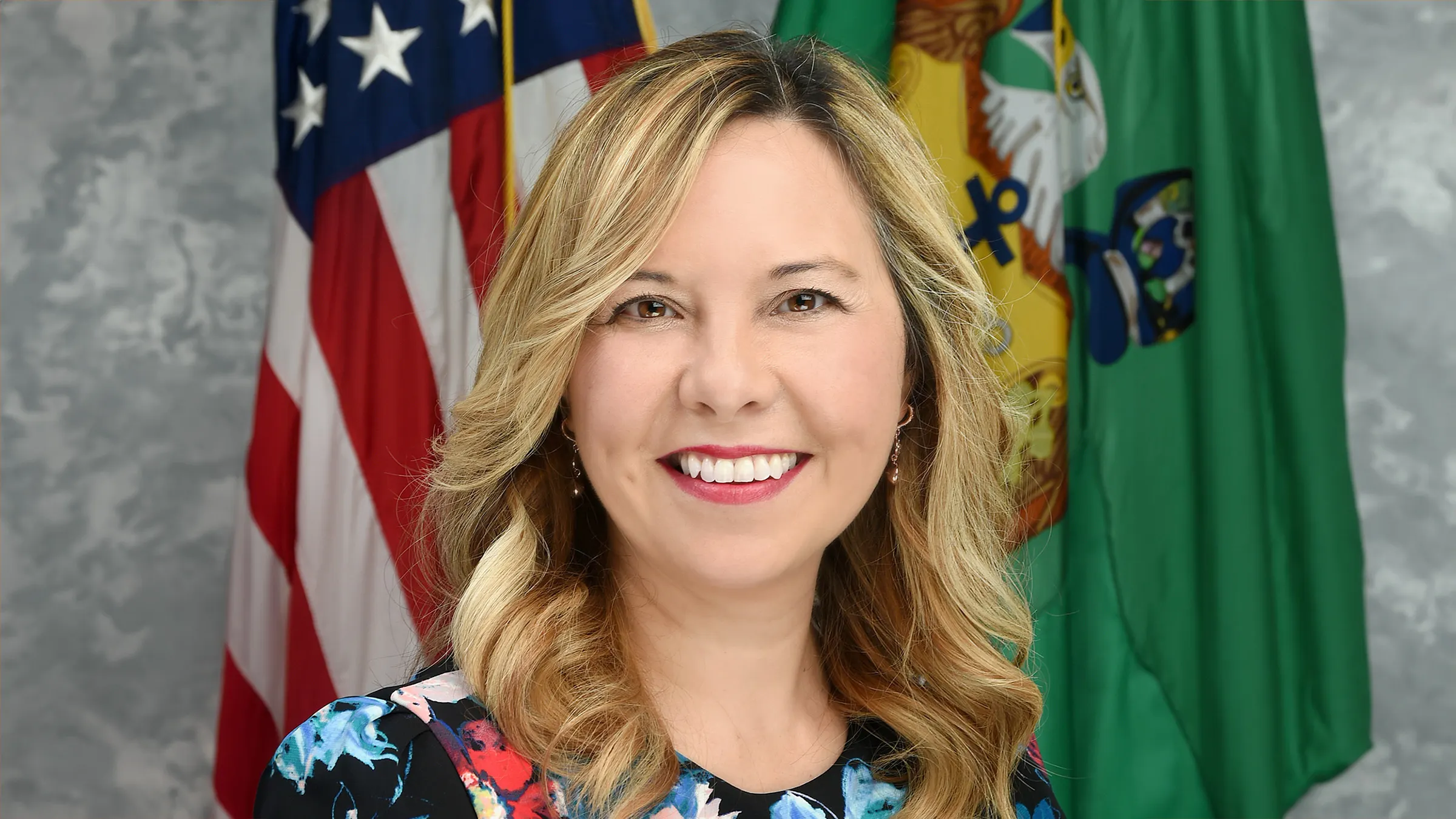Artificial intelligence "could aid in breakthroughs," acknowledged Commodity Futures Trading Commission Commissioner Christy Goldsmith Romero in a keynote address today, but she asserted that regulators must "manage risks so that we can receive these promises."
Romero's remarks were the highlight of the first day of the annual Financial Services Conference, hosted in Washington, D.C., by the Consumer Federation of America.
"In terms of protecting financial stability, particularly where it comes to AI models, there can be great promise and great risk," she said. "It is essential that regulators increase their capacity to understand AI and monitor how AI is being used in regulated financial services."
Romero said AI regulation is a "critical issue," explaining that "data and assumptions matter" with AI models. She cited "concentration risk" as one potential downside: because developing AI can be very expensive, we may rely on just a few models.
"Excessive reliance on a few AI models could lead to herd behavior," she explained, citing SEC Chair Gary Gensler.
"Who is making decisions, including determining that the deployment of AI is responsible?" Romero asked. "More in the CFTC space, the use of AI for algorithmic trading, trade settlement, margin calls, collateral management or other areas that could potentially impact financial stability, should be accompanied by strong governance provisions."
The commissioner said that fair lending practices could also be affected as AI technologies come under fire for intrinsic bias based on imperfect training data.
"Where a technology like AI is rapidly evolving, regulatory coordination is especially important," she said. citing a recent executive order on AI from President Biden.
The commissioner also warned about potential conflicts of interest and risks from cryptocurrency trading platforms owning affiliates that also perform exchange and clearinghouse functions.
"Regulators should exercise caution in considering changes to market structure, and should first determine that it does not result in increased risk, especially to customers and financial stability," she said.
Romero cited the collapsed crypto exchange FTX as an example of the dangers of "bespoke" market structures.
"In October 2022, a few weeks before FTX's collapse, I warned of financial stability risk in crypto," she said. "Crypto-related companies may serve multiple functions that are separated into different entities in traditional finance [and] these conflicts present significant risk that in a regulated environment would be disclosed and resolved.
"In an unregulated environment, the full extent of these conflicts may not be disclosed or resolved, which could lead to cascading losses and contagion risk," she recalled writing. "We know how FTX's story ended."
More broadly, Romero also warned against rolling back reforms enacted after the 2008 financial crisis.
"Regulators should not roll backwards, returning to an era of unchecked risk-taking that leaves our financial system unstable and consumers holding the bag," she said, adding that the U.S. "cannot allow improved financial stability over the last 15 years to lead us to relax our guard."
She called on public interest groups like the Consumer Federation of America to weigh in when regulators consider post-crisis rule changes.
As a derivatives regulator, the CFTC has assumed a key oversight role related to cryptocurrency markets, and the agency has brought dozens of enforcement actions against crypto fraud and manipulation in recent years. Commissioners have also emphasized the need to ensure responsible innovation in the sector.
Goldsmith Romero previously served for a decade as Special Inspector General overseeing the government's response to the 2008 financial crisis. President Biden appointed the CFTC commissioner and took office in March.
Editor's note: This story was drafted with Decrypt AI from sources referenced in the text, and fact-checked by Ryan Ozawa.

